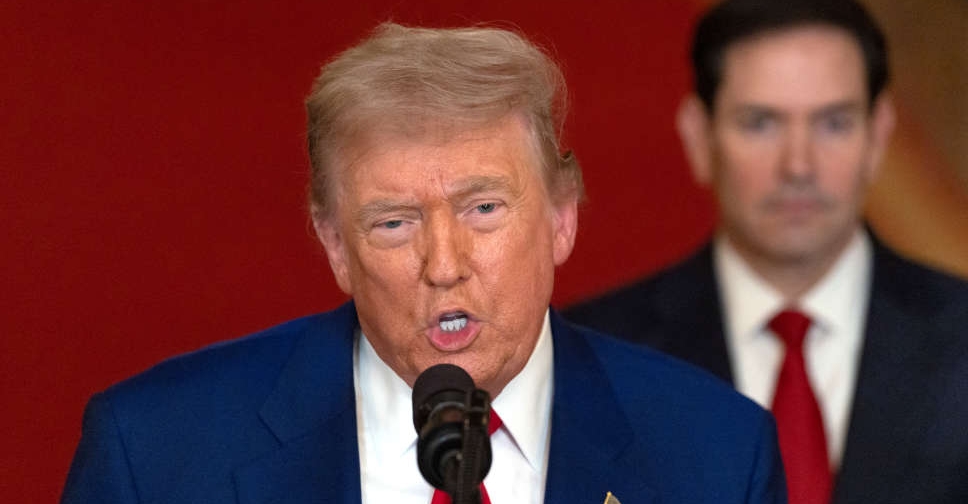
US President Donald Trump on Sunday raised the question of regime change in Iran following US strikes against key military sites over the weekend, as senior officials in his administration warned Tehran against retaliation.
"It’s not politically correct to use the term, “Regime Change,” but if the current Iranian Regime is unable to MAKE IRAN GREAT AGAIN, why wouldn’t there be a Regime change???" Trump wrote on his social media platform.
Trump's post came after officials in his administration, including US Vice President JD Vance and Defence Secretary Pete Hegseth, stressed they were not working to overthrow Iran's government. "This mission was not and has not been about regime change," Hegseth told reporters at the Pentagon, calling the mission "a precision operation" targeting Iran's nuclear programme.
Vance, in an interview on NBC's Meet the Press with Kristen Welker, said "our view has been very clear that we don't want a regime change".
"We do not want to protract this or build this out any more than it's already been built out. We want to end their nuclear programme, and then we want to talk to the Iranians about a long-term settlement here," Vance said, adding the US "had no interest in boots on the ground".
"Operation Midnight Hammer" was known only to a small number of people in Washington and at the US military's headquarters for Middle East operations in Tampa, Florida. Complete with deception, seven B-2 bombers flew for 18 hours from the United States into Iran to drop 14 bunker-buster bombs, chairman of the Joint Chiefs of Staff, General Dan Caine, told reporters.
In total, the US launched 75 precision-guided munitions, including more than two dozen Tomahawk missiles, and more than 125 military aircraft in the operation against three nuclear sites, Caine said. The operation pushes the Middle East to the brink of a major new conflagration in a region already aflame for more than 20 months with wars in Gaza and Lebanon, and a toppled dictator in Syria.
With the damage visible from space after 30,000-pound US bunker-buster bombs crashed into the mountain above Iran's Fordow nuclear site, experts and officials are closely watching how far the strikes might have set back Iran's nuclear ambitions.
Caine said initial battle damage assessments indicated all three sites sustained extremely severe damage and destruction, but he declined to speculate whether any Iranian nuclear capabilities might still be intact. UN nuclear watchdog chief Rafael Grossi was more cautious, saying while it was clear US airstrikes hit Iran's enrichment site at Fordow, it was not yet possible to assess the damage done underground.
A senior Iranian source told Reuters on Sunday that most of the highly enriched uranium at Fordow, the site producing the bulk of Iran's uranium refined to up to 60 per cent, had been moved to an undisclosed location before the US attack.
Vance told NBC the US was not at war with Iran but rather its nuclear programme, and he thought the strikes "really pushed their program back by a very long time".
Trump called the damage "monumental," in a separate social media post on Sunday, a day after saying he had "obliterated" Iran's main nuclear sites, but gave no details.
Tehran has vowed to defend itself and responded with a volley of missiles at Israel that wounded scores of people and destroyed buildings in its commercial hub Tel Aviv.
Caine said the US military had increased protection of troops in the region, including in Iraq and Syria.
The US already has a sizeable force in the Middle East, with nearly 40,000 troops in the region, including air defense systems, fighter aircraft and warships that can detect and shoot down enemy missiles.
Reuters reported last week the Pentagon had started to move some aircraft and ships from bases in the Middle East that may be vulnerable to any potential Iranian attack.



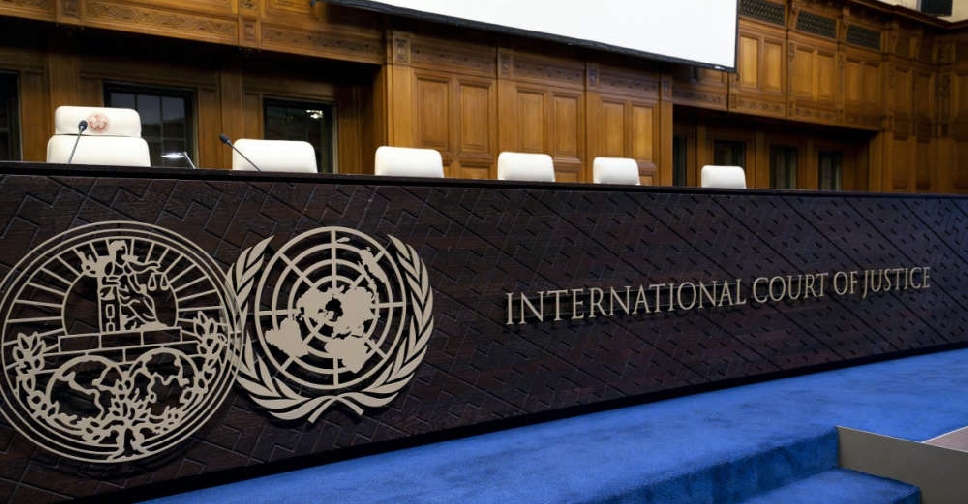 Landmark Myanmar Rohingya genocide case opens at UN's top court
Landmark Myanmar Rohingya genocide case opens at UN's top court
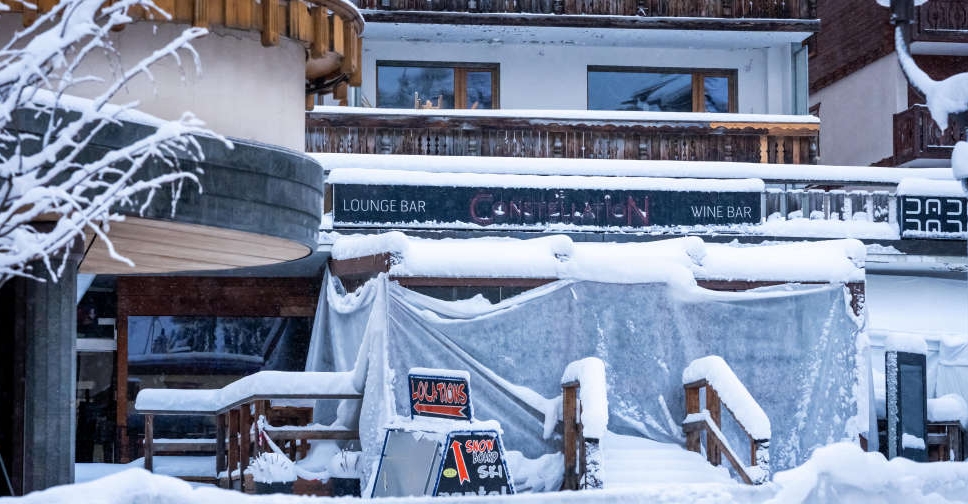 Swiss court keeps bar owner in custody after deadly fire, SRF reports
Swiss court keeps bar owner in custody after deadly fire, SRF reports
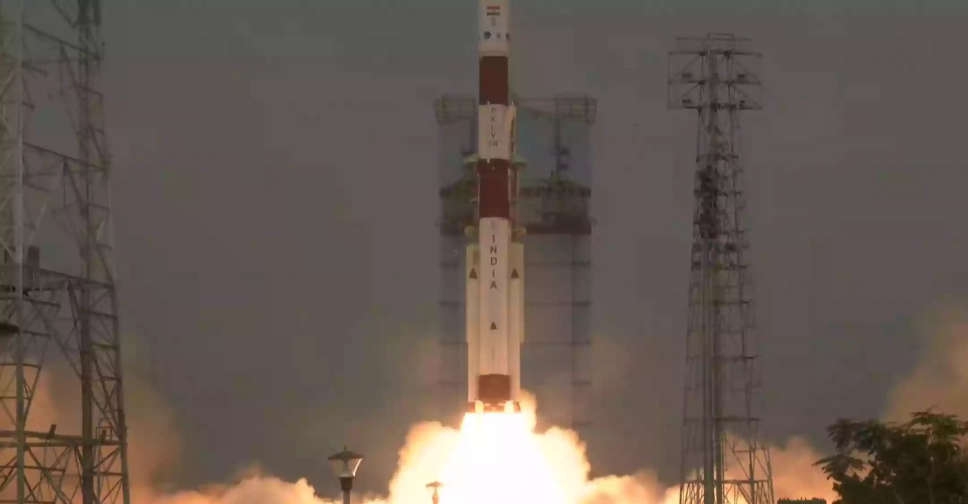 Indian rocket launch loses control after liftoff in fresh blow to ISRO
Indian rocket launch loses control after liftoff in fresh blow to ISRO
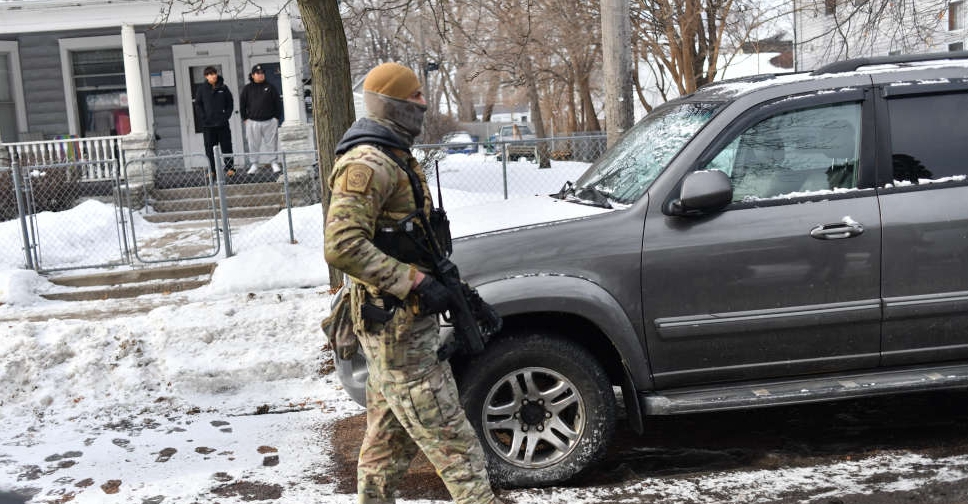 Homeland Security to send hundreds more officers to Minnesota
Homeland Security to send hundreds more officers to Minnesota


